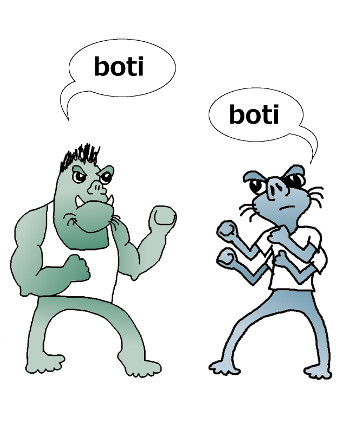(TH)-fronting in Grays Ferry
As part of the Philadelphia Neighborhood Corpus project, I conducted ethnographic fieldwork in a neighborhood in South Philadelphia. In this neighborhood, white male participants produce high rates of (TH)-fronting (a feature of African American English), despite also espousing overtly hostile attitudes toward their Black neighbors. I found that interracial conflict, particularly over control of the local neighborhood park, provided the source of both the borrowing and the hostile attitudes. I argue that (TH)-fronting has been adopted as a marker of street or hegemonic masculinity within this white community. This data is a classic example of linguistic diffusion in adult speech, in which speakers borrow a phonological feature but simplify its phonological conditioning.
- Betsy Sneller. 2014. Antagonistic contact and inverse affiliation: Appropriation of (TH)-fronting by White speakers in Philadelphia. University of Pennsylvania Working Papers in Linguistics 20.2. [pdf]
- Betsy Sneller. (Under Revision, LVC). Phonological rule spreading across hostile lines: (TH)-fronting in Grays Ferry.

